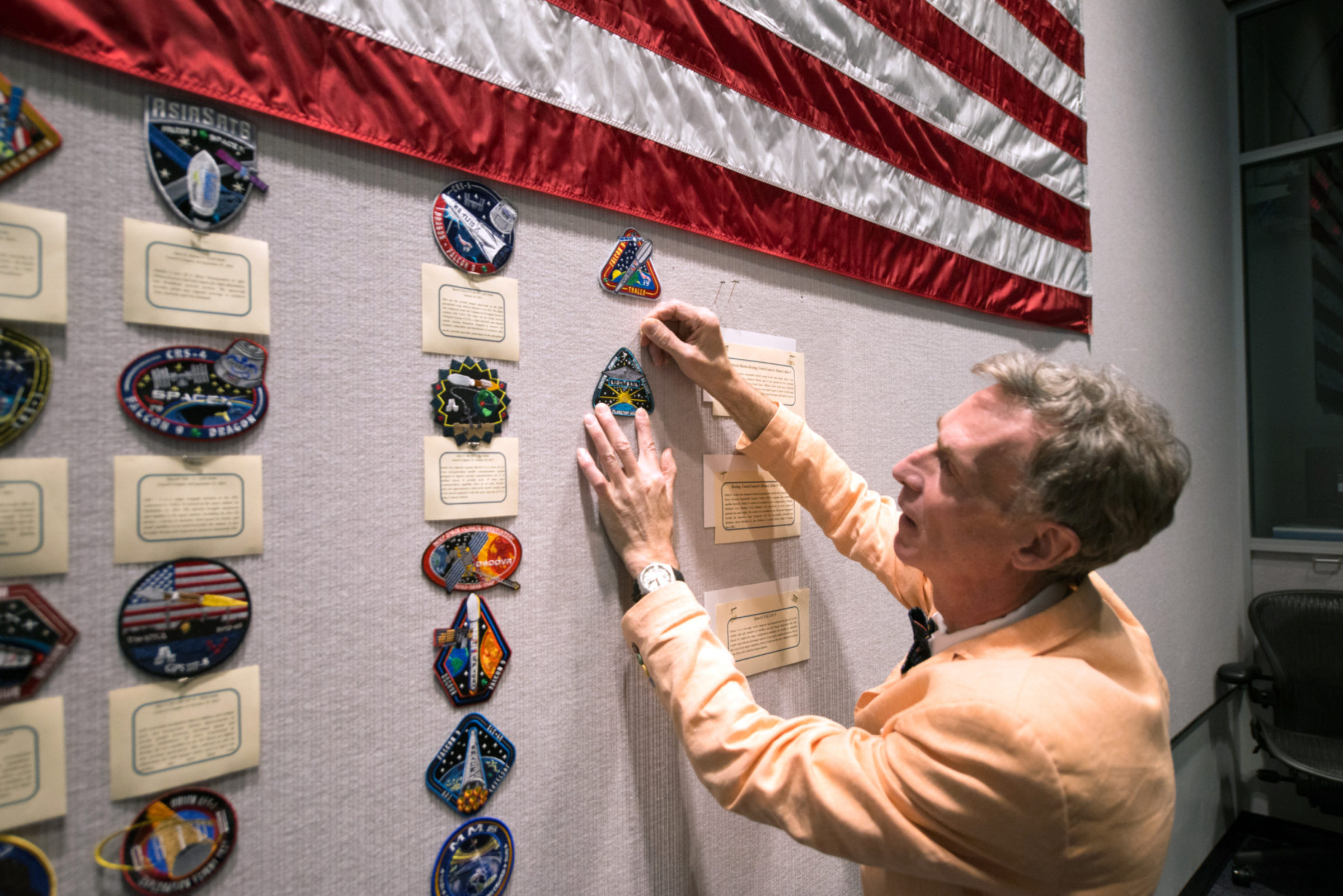Jason Davis • May 21, 2015
LightSail Update: All Systems Nominal
It's been 24 hours since The Planetary Society’s LightSail spacecraft was deposited into space yesterday afternoon. All systems continue to look healthy. There have been nine ground station passes over Cal Poly San Luis Obispo and Georgia Tech, with a total of 55 beacon packets downloaded thus far. These packets contain vital information on the health of the spacecraft. Regular data trends are beginning to develop as more information is downlinked.
Visit our LightSail Mission Control Center
For all the latest LightSail updates, including the spacecraft's current position and ground track, visit our Mission Control Center at sail.planetary.org.
Last night, Cal Poly established two-way communications with LightSail. From there, John Bellardo commanded the spacecraft to turn off its gyroscopes, which measure the effect of solar sail deployment on the vehicle. These gyroscopes were turned on after P-POD deployment, causing a higher-than-average power drain on the spacecraft’s batteries. Telemetry downloaded after the command was sent showed the gyroscopes are now off. Later analysis showed they were “left on” in the spacecraft’s software sequence—a condition that will be changed for the 2016 mission.
A temperature sensor on one of LightSail’s circuit boards has ranged from seven to 26.5 degrees Celsius as the spacecraft zips around the Earth, moving in and out of darkness. On Sunday, LightSail’s cameras will capture their first test images. If all goes well, they won’t see anything except the inside of the spacecraft. As I mentioned yesterday, telemetry shows the solar panel deployment switches have been triggered, which may simply be a result of vibration during the ride to orbit.
Here are some more photos from yesterday. Before launch, The Planetary Society visited the Morrell Operations Center at Cape Canaveral Air Force Station, where the U.S. Air Force oversees all rocket operations for the Eastern Range.


Support our core enterprises
Your support powers our mission to explore worlds, find life, and defend Earth. You make all the difference when you make a gift. Give today!
Donate

 Explore Worlds
Explore Worlds Find Life
Find Life Defend Earth
Defend Earth



